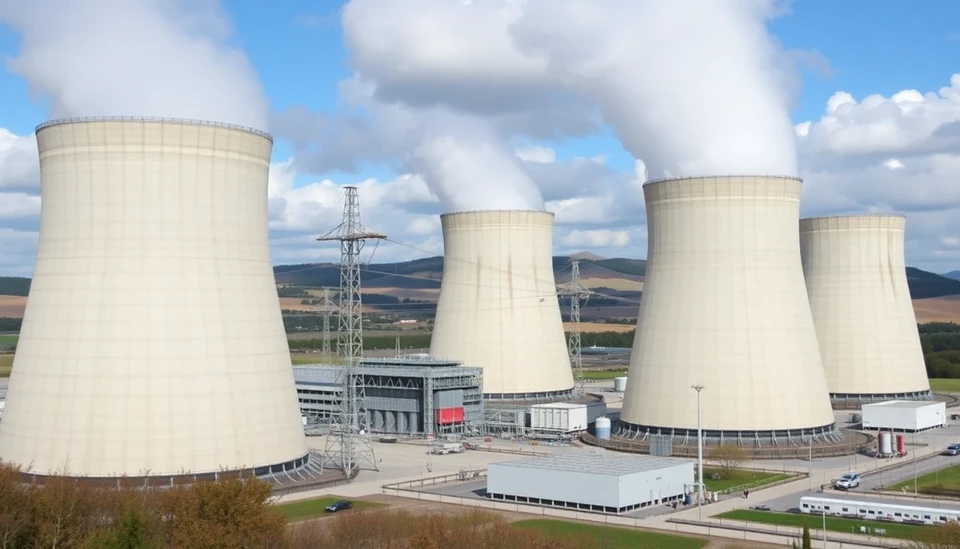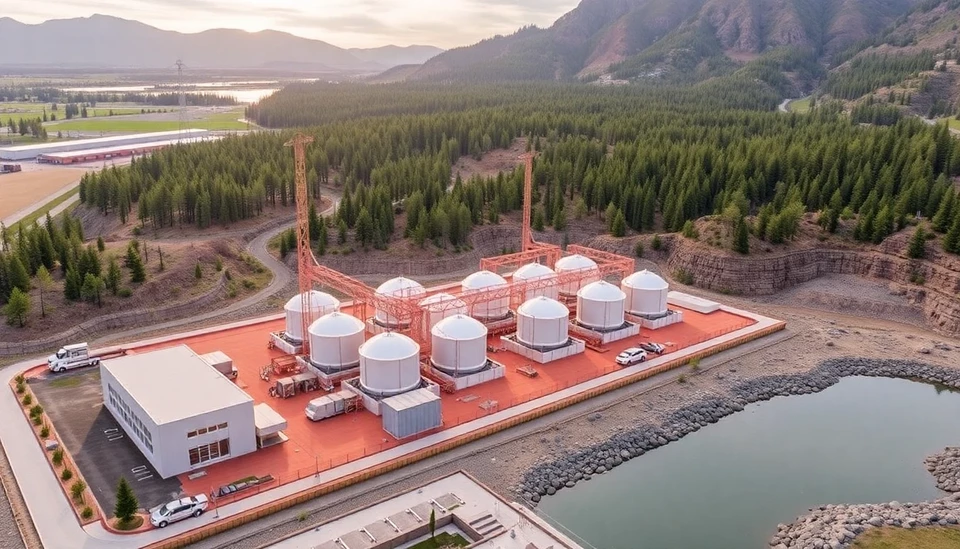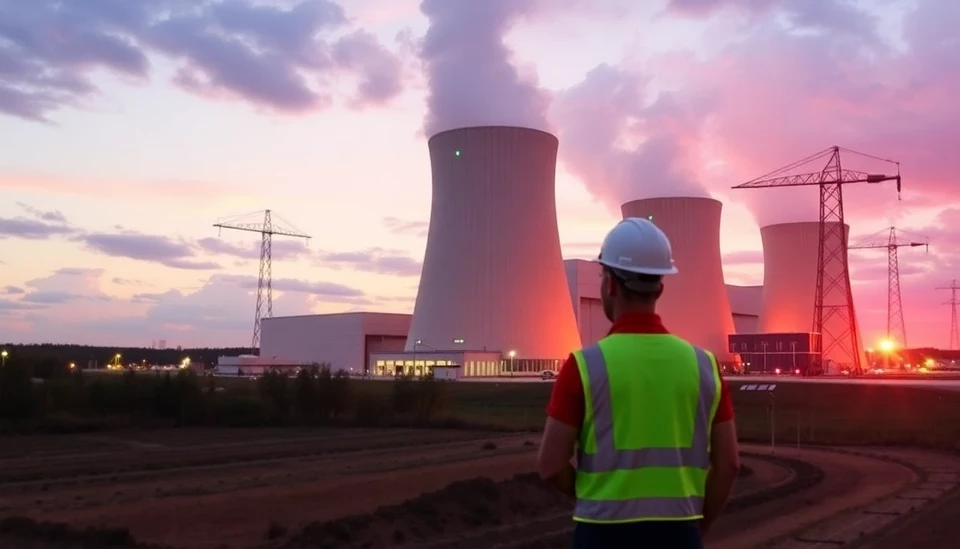
The United Kingdom is taking significant steps to revitalize its nuclear energy sector by easing regulations surrounding the construction and operation of nuclear power plants. This strategic move aims to bolster the country's energy resilience and stimulate economic growth in an era where clean energy and sustainability are at the forefront of global agendas.
With the UK government aiming to transition towards a net-zero carbon future by 2050, the role of nuclear power has become increasingly vital. The recent changes in legislation represent a pivotal shift in policy that seeks to enable faster and more efficient development of new nuclear facilities, thereby ensuring a steadier supply of low-carbon energy.
Under the new framework, the process for obtaining permits and licenses to build nuclear power plants has been streamlined. Regulatory hurdles that have traditionally delayed projects are being addressed, with an emphasis on reducing administrative red tape. This restructuring is expected to attract a wave of investment in the nuclear industry, paving the way for modernization and expansion of existing facilities while also facilitating the construction of new plants.
The move is not solely about energy production; it is also strategically positioned to boost job creation. Analysts predict that by revitalizing the nuclear sector, thousands of jobs could be generated across various regions of the UK, especially in areas keen to become hubs for energy technology and innovation.
Officials from the UK government have expressed optimism about the potential for nuclear energy to contribute significantly to the country's energy mix. By harnessing nuclear power, the UK aims to not only reduce its reliance on fossil fuels but also to decrease energy prices for consumers in the long run. This initiative is seen as a necessary step to alleviate concerns regarding energy security amidst fluctuating global energy markets.
Industry leaders have welcomed the government's proactive approach, indicating that the changes could position the UK as a leader in nuclear technology on the global stage. This transition is expected to attract international collaboration and knowledge-sharing, further enhancing the UK's reputation in the advanced energy sector.
Critics, however, have raised concerns about the safety and environmental impacts of nuclear energy. They argue that while nuclear power may provide a reliable energy source, the long-term management of nuclear waste and the risks associated with potential incidents must not be overlooked. The government has reaffirmed its commitment to uphold stringent safety standards to mitigate these risks while promoting sustainable energy growth.
As the UK charts a new course for its nuclear future, the government is simultaneously investing in other renewable energy sources to create a balanced and diverse energy portfolio. The emphasis on nuclear energy, alongside investments in solar, wind, and hydrogen technologies, reflects a comprehensive strategy aimed at achieving the UK’s ambitious climate goals.
In summary, the UK's decision to ease regulations for nuclear power plants marks a significant turning point for the energy sector. This initiative not only emphasizes the importance of nuclear energy in achieving a low-carbon future but also aims to stimulate economic growth and job creation in a rapidly evolving energy landscape.
As the policy unfolds, all eyes will be on how effectively these changes can be implemented and whether the anticipated benefits will materialize in both energy output and economic development.
#NuclearEnergy #UKEnergyPolicy #CleanEnergy #EconomicGrowth #Sustainability #NetZero #EnergyTransition
Author: Peter Collins




